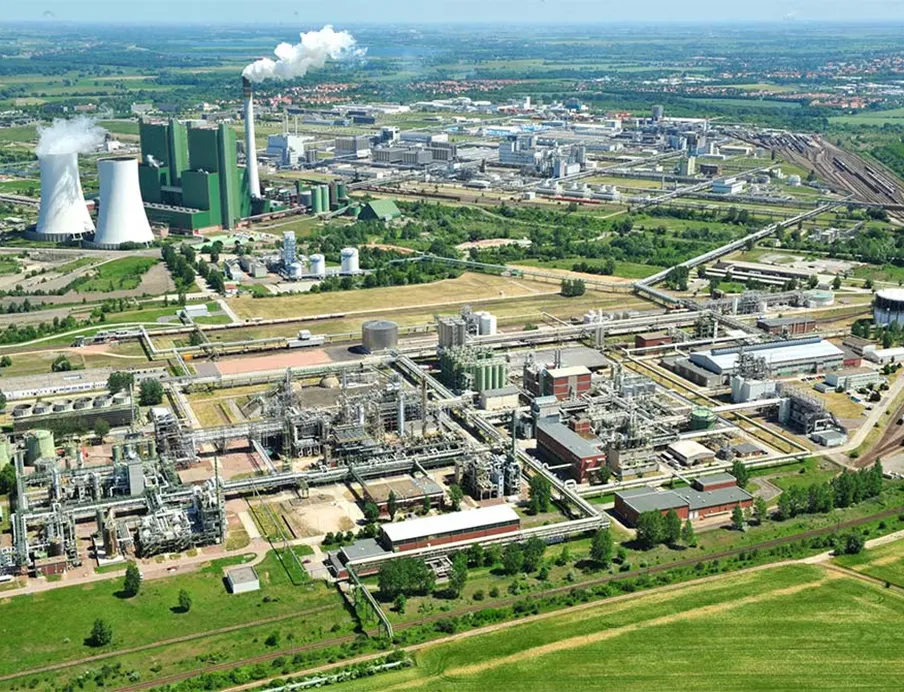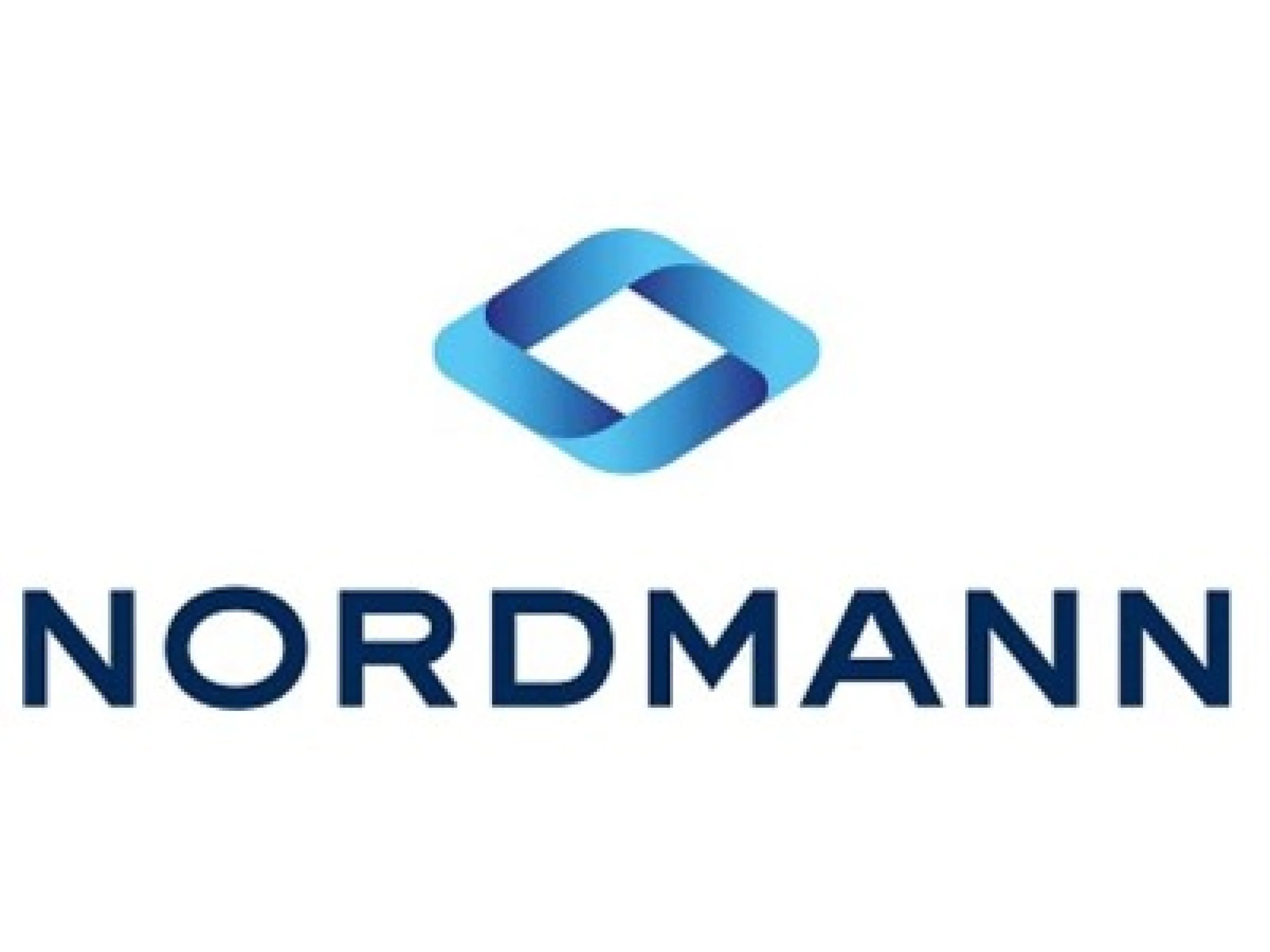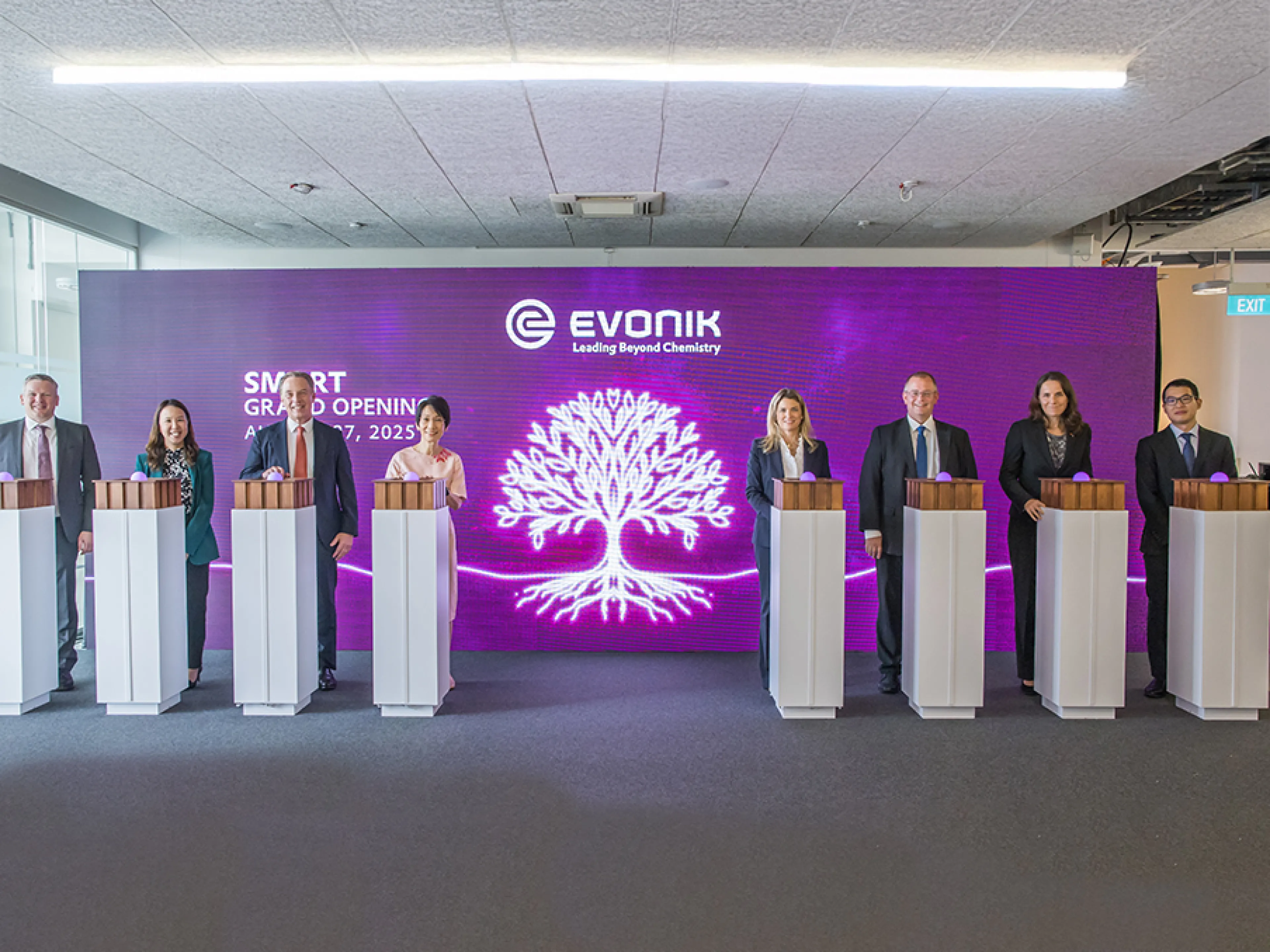
The US chemical company Dow has announced far-reaching steps to optimize its European production portfolio. The focus is on three upstream plants in Germany and the UK, which are scheduled to be shut down by the end of 2027 at the latest. The decision was made against the backdrop of ongoing structural challenges, particularly with regard to energy prices, demand trends, and trade risks within Europe.
Strategic consolidation instead of capacity expansion
With the planned closure of the ethylene cracker in Böhlen, the chlor-alkali and vinyl plants (CAV) in Schkopau, and the basic siloxane production in Barry, UK, Dow is consistently focusing on consolidating its European upstream business. The aim is to adapt the production network to the changed economic conditions and remove less efficient and cost-intensive plants from the portfolio.
Dow CEO Jim Fitterling emphasizes: "Our industry in Europe continues to face difficult market dynamics, as well as an ongoing challenging cost and demand landscape. Over the past decade, we have demonstrated Dow's commitment to operating with a best-owner mindset by taking proactive actions across higher-cost or non-strategic assets. Looking ahead, we remain committed to realizing the value of our incremental growth investments and enhancing profitability and cash flow through more than $6 billion in near-term cash support."
Financial effects and schedule
According to the company, the measures should have a noticeable positive effect on operating Ebitda from 2026 onwards. By the end of 2027, fifty percent of the target value of around $200 million should already have been achieved. Full implementation including dismantling and disposal is scheduled for 2029. This will be offset by capital expenditures of around $500 million. Total charges of $630 million to $790 million are expected, including write-downs, provisions, dismantling costs, and severance payments.
Worldwide job cuts also affect German sites
The restructuring will affect around 800 jobs worldwide, in addition to the 1,500 jobs across the group that were already announced in January 2025. The German Dow sites in Böhlen and Schkopau are particularly affected by the current decision. The company has announced that it will properly implement the legally required information and consultation processes with local interest groups and authorities.
Dow sticks to growth strategy outside Europe
Despite the consolidation in Europe, Dow is continuing to pursue a growth strategy, albeit with a significantly more regionally differentiated focus. The company intends to concentrate more on markets with more stable conditions and leverage value creation potential there through targeted investments.
Background: Dow in Europe
Dow operates at numerous sites in Europe, where it has significant production facilities for intermediates, plastics, and specialty chemicals. Due to rising energy and raw material costs and tighter regulations, the European business is increasingly considered challenging. The closures announced today are part of a review of the global asset portfolio initiated in April 2025.









